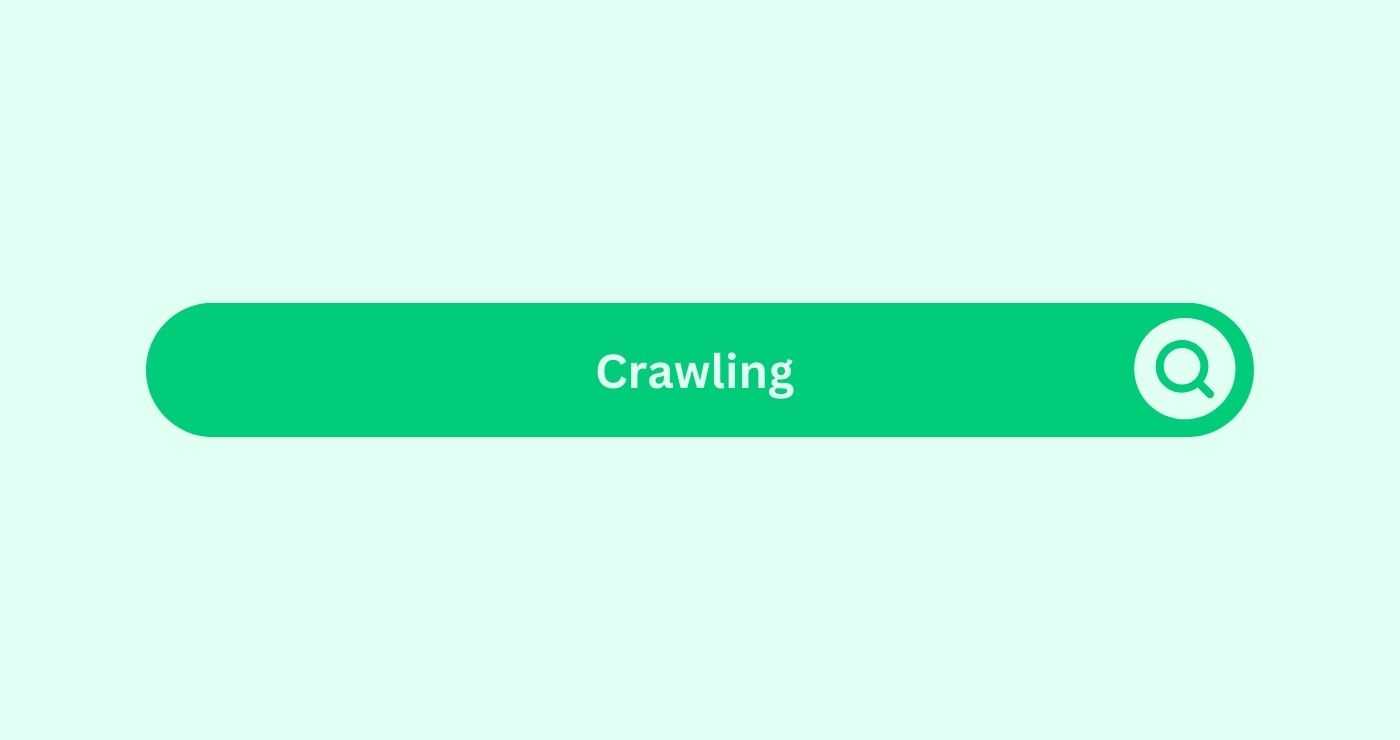What is crawling in the context of SEO?
Monitor SERP metricsWhat are Metrics in the context of SEO? Metrics in SEO refer... like click-through rates, impressionsDefinition Impressions track campaign effectiveness for digi..., and positions to gauge optimisation effectiveness.
Definition
In SEO, crawling involves search engine botsDefinition Bots, or robots in SEO, are automated software th... navigating web pages through links, indexingDefinition Indexing in content marketing involves search eng... content encountered.
How you can use
When a search engine bot encounters a webpage, it reads the HTML content and follows links to other pages within the site. By crawling through these pages, the bot discovers new content and updates its index, enabling the content to appear in search results.
Key Takeaways
- Indexation: Crawling is essential for search engines to index web pages and make them discoverable in search results.
- Content Discovery: It allows search engines to discover new and updated content on websites by following links.
- FrequencyDefinition Frequency in Social Media Marketing refers to the...: Search engines may crawl websites at different frequencies based on factors like site authority and content freshness.
- Robots.txtDefinition Search engine crawlers use directives from Robots...: Websites can control which pages search engines crawl by using the robots.txtDefinition Search engine crawlers use directives from Robots... file to instruct botsDefinition Bots, or robots in SEO, are automated software th... on which areas to ignore.
- Crawl BudgetDefinition Crawl Budget refers to the number of URLs that a ...: Search engines allocate a crawl budgetDefinition Crawl Budget refers to the number of URLs that a ... to each website, determining how often and how deeply they crawl the site.
FAQ
What is the purpose of crawling in SEO?
Crawling allows search engines to discover and index web pages, making them accessible in search results.
How do search engine bots find new web pages to crawl?
Search engine botsDefinition Bots, or robots in SEO, are automated software th... find new pages through internal links, sitemaps, and external links from other websites.
What factors affect the frequency of crawling?
Factors such as site authority, content freshness, and crawl budgetDefinition Crawl Budget refers to the number of URLs that a ... influence how often search engines crawl a website.
Can I control which pages search engines crawl?
Yes, you can use the robots.txtDefinition Search engine crawlers use directives from Robots... file and meta robots tags to control which pages search engines crawl and index.
What is a crawl budget?
Crawl budgetDefinition Crawl Budget refers to the number of URLs that a ... refers to the number of pages search engines are willing to crawl on a website during a given period, based on factors like site quality and relevanceDefinition In SEO, relevance refers to the degree to which a....
How can I improve crawl efficiency?
Improving site speedDefinition Site speed refers to the amount of time it takes ..., fixing crawl errors, and optimising internal linkingWhat is Internal linking? Internal linking refers to the pra... can help improve crawl efficiency.
Do search engines crawl all pages equally?
No, search engines prioritise crawling pages based on factors like site authority, content quality, and relevanceDefinition In SEO, relevance refers to the degree to which a....
Why are some pages not indexed even after crawling?
Pages may not be indexed due to issues like duplicate contentDefinition Duplicate content in the SEO space refers to iden..., thin contentDefinition Thin content refers to web pages with minimal, lo..., or technical errors preventing indexingDefinition Indexing in content marketing involves search eng....
How often should I update my sitemap for crawling?
You should update your sitemapDefinition A site map is a file that lists all the pages of ... whenever you add new pages or make significant changes to existing ones to ensure search engines discover them promptly.
Can I request that search engines crawl specific pages?
While you cannot directly request search engines to crawl specific pages, you can prioritise important pages by optimising internal linkingWhat is Internal linking? Internal linking refers to the pra... and updating sitemaps.




